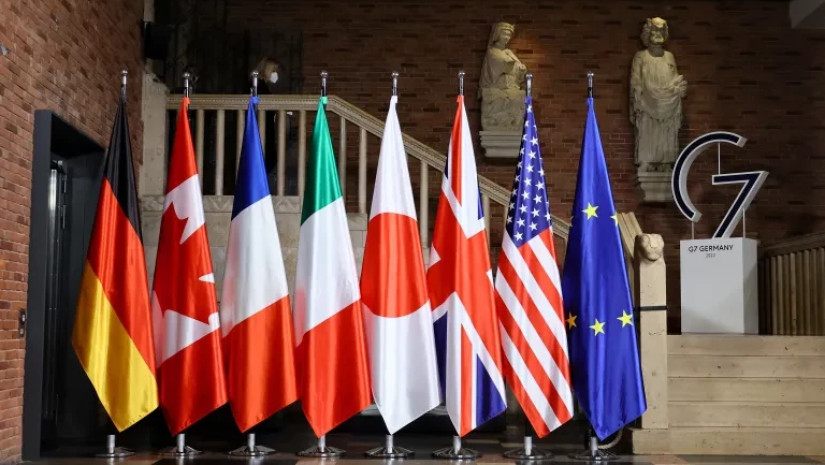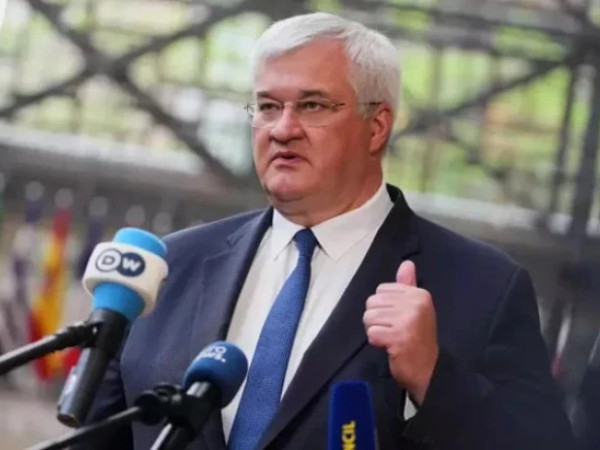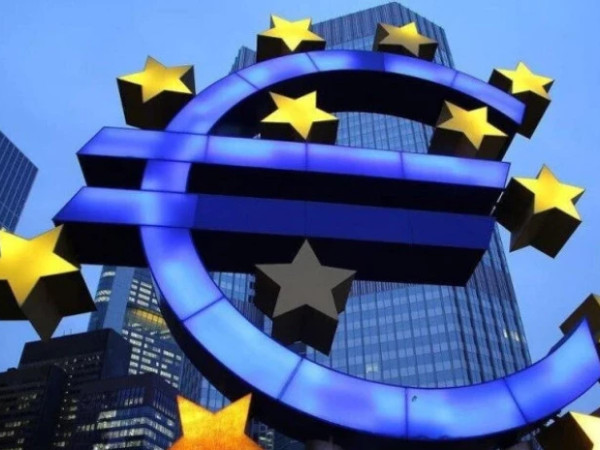Group of Seven (G7) leaders expressed “strong concern” on Wednesday over the crisis in the Middle East but said a diplomatic solution was still viable and a region-wide conflict was in no one’s interest, a statement said.
Italy holds the rotating presidency of the club of major Western economies and Prime Minister Giorgia Meloni hosted a leaders’ call a day after Iran launched a barrage of missiles at Israel, heightening fears of regional war.
An Italian government statement said the leaders condemned Tehran’s attack and agreed to “work jointly to promote a reduction in regional tensions”.
The statement made reference to the implementation of U.N. resolutions 2735 – backing a three-phase plan for a Gaza ceasefire and the release of hostages held by Hamas – and 1701, which halted the 2006 Israel-Hezbollah war in south Lebanon.
“Expressing strong concern over the escalation in recent hours, it was reiterated that a region-wide conflict is in no one’s interest and that a diplomatic solution is still possible,” it added.
Along with Italy, the G7 comprises the United States, Canada, Britain, France, Germany and Japan.
U.S. President Joe Biden joined the call to coordinate a response, including new sanctions, to Iran’s attack, the White House said in a statement.
Meloni has urged the U.N. Security Council to consider strengthening the mandate of its UNIFIL peacekeeping force in Lebanon “in order to ensure the security of the Israel-Lebanon border”.
Italy has contributed more than 1,000 soldiers to the mission.
Foreign Minister Antonio Tajani denied Italian media reports that the government was considering pulling its forces out of the area for security reasons.
“We have assessed all the possibilities … There is no decision to withdraw the Italian contingent from UNIFIL,” he told a press conference. But he said it would be “foolish” not to have an evacuation plan ready if the situation deteriorated.


















